44 F. high in the Twin Cities Thursday.
47 F. average high on November 6.
40 F. high on November 6, 2013.
November 6, 1844: A large prairie fire at Fort Snelling occurs, followed by more fires later on in the week.
Blame Nuri
It wouldn't be so bad if I got thanked for the good days as often as I get blamed for the bad ones. When in doubt blame the weather guy. People love to remind me when the weather is inconvenient.
Weather modification? Any company dumb enough to try to engineer the weather (or climate) would be composed of one mad scientist and 50 lawyers. Because you can't keep all the people happy all the time.
Forget the calendar, January makes an early appearance next week with highs in the 20s, single digit lows, a wind chill in the oh-zone. And ex-Typhoon Nuri may be responsible.
Scientists at UCAR in Boulder confirm that re-curving typhoons in the Pacific can energize the jet stream, resulting in a higher amplitude pattern and a spike in weather extremes downwind, over the USA. The soggy, windy remains of Nuri spinning off the coast of Alaska will pull bitter air southward into America.
In my experience: air that's 20-30F colder than average is usually preceded by accumulating snow.
No problems today; the atmosphere mild enough for rain showers. No travel problems are expected over the weekend but a storm tracking south of Minnesota may drop a few inches of slushy snow on Monday.
Extra-Tropical Typhoon Nuri May Challenge All-Time Pressure Record. Although the storm has lost it's warm-core tropical characteristics it's still a monster, and forecast to intensify further. Here's an excerpt from WGCU: "...The National Weather Service in Anchorage says that during that so-called "bombogenesis" the storm's central pressure — an important measure of intensity — will deepen from 970 MB late Thursday to between 918 to 922 MB late Friday. "That would create a significant event, as the current record lowest pressure observed in the Bering Sea is 925 MB, measured at Dutch Harbor on October 25, 1977," the NWS writes in its advisory..."
* more details on this potentially record-setting storm from Mashable.
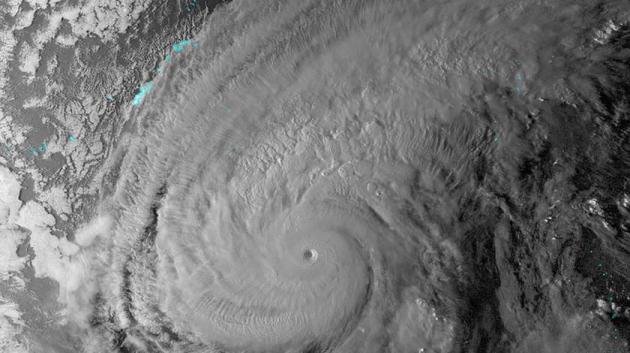
Image credit above: "Super Typhoon Nuri seen at night via the VIIRS imager on board the Suomi NPP satellite." Image: University of Wisconsin/CIMSS.
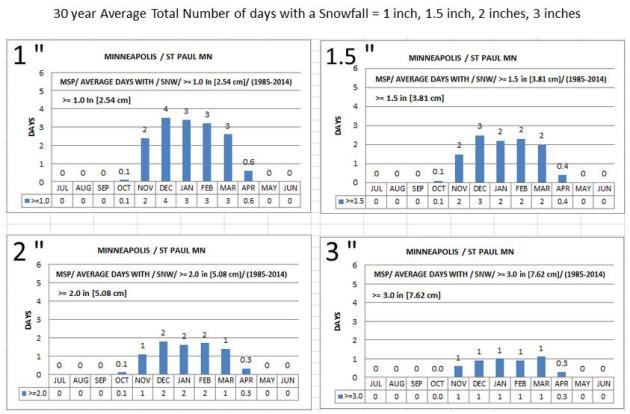
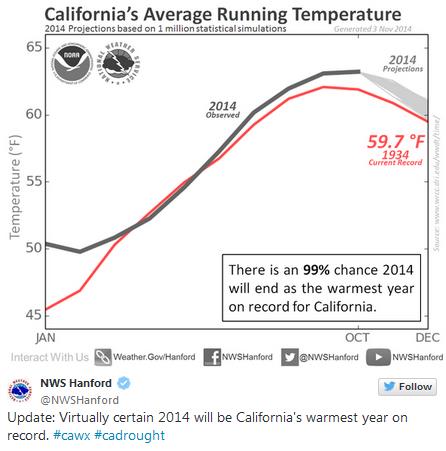
2014 Will Go Down As Hottest in California's History. Here's a clip from a story at Climate Central: "Book it: This year will go down as the hottest in California’s history. With just two months left in the year, there’s a better than 99 percent chance that 2014 will be the warmest year on record for California, according to National Weather Service meteorologists. The state has been baking in above-average temperatures all year — setting a record for the warmest first six months of any year this June — thanks to a persistent atmospheric pattern that has also mired California in a major drought..."
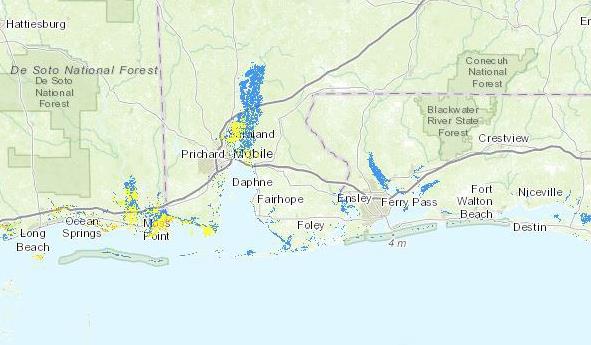
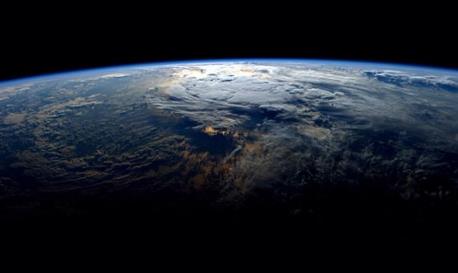
The Break-Off Effect. What happens to the human brain at the upper reaches of the troposphere, where all "weather" takes place? Some handle it better than others. And for some it's a nothing short of a religious experience. Here's an excerpt of a fascinating story at Fast Company: "...Higher than that, at roughly 70,000 feet, some pilots and engineers say you can grasp the curvature of the earth. Strange things have happened to the human mind at those heights. A year after the commander reported his symptoms, a Navy medical officer and a psychologist published a study on a dissociative anomaly pilots experienced while flying at high altitudes. Brant Clark and Captain Ashton Graybiel interviewed 137 Navy and Marine pilots who had come up with a term for it themselves. The “break-off" phenomenon, they called it..." (Image: NASA).
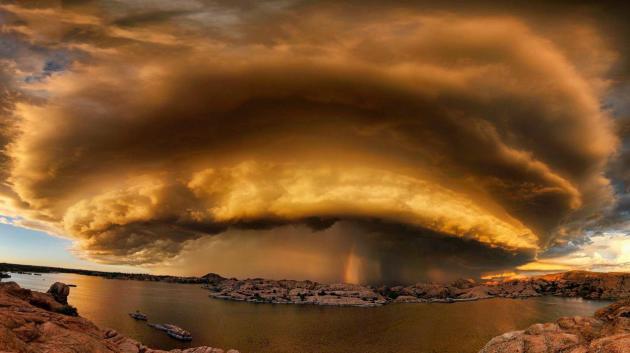
The War of the Words. Amazon is in a perpetual fight with established, legacy publishers. How did we get here and what does this mean for the future of the printed (or digital) word? Vanity Fair takes a look; here's the introduction: "Amazon’s war with publishing giant Hachette over e-book pricing has earned it a black eye in the media, with the likes of Philip Roth, James Patterson, and Stephen Colbert demanding that the online mega-store stand down. How did Amazon—which was once seen as the book industry’s savior—end up as Literary Enemy Number One? And how much of this fight is even about money? Keith Gessen reports..."

TODAY: Clouds increase, few PM showers. Winds: S 15. High: 49
FRIDAY NIGHT: Cloudy with light rain. Low: 35
SATURDAY: Mix of clouds and sun, windy and chilly. High: near 40
SUNDAY: Fading sun, good travel day. Wake-up: 31. High: 39
MONDAY: Potential for accumulating snow. Wake-up: 29. High: 35
TUESDAY: Light snow tapers, bitter winds. Wake-up: 23. High: 29
WEDNESDAY: Some sun, wind chill near zero. Wake-up: 13. High: 26
THURSDAY: Some sun, still feels like January. Wake-up: 8. High: 24
Climate Stories...
Long Range Outlook: 200% Increase in Pollen? Here's a snippet of some new research available online at PLOS, the Public Library of Science: "...Using quantitative estimates of increased pollen production and number of flowering plants per treatment, we estimated that airborne grass pollen concentrations will increase in the future up to ~200%. Due to the widespread existence of grasses and the particular importance of P. pratense in eliciting allergic responses, our findings provide evidence for significant impacts on human health worldwide as a result of future climate change..."
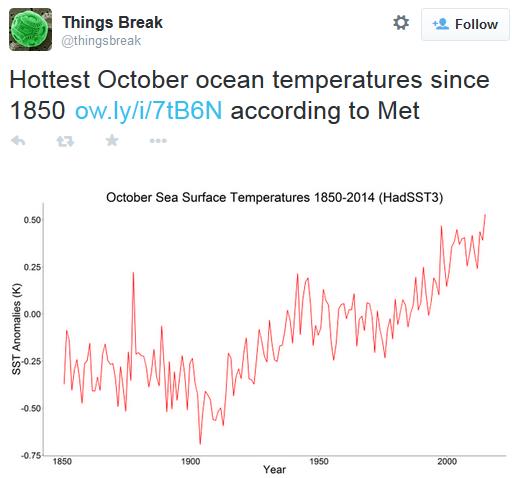
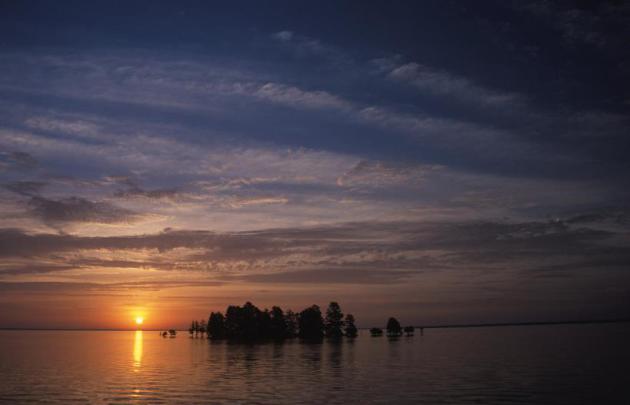

No comments:
Post a Comment